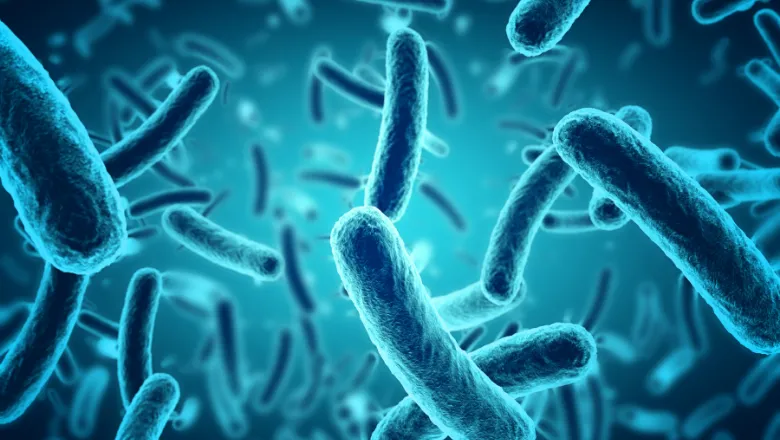As a young investigator, it is particularly difficult to pursue ambitious, far-reaching research, as we are bound to short-term funding, for which we need to show extensive preliminary data. I am particularly excited about this award because it is an unequalled opportunity to take on a paradigm-changing project, together with a world-wide team.
Dr Julien Bergeron, School of Basic & Medical Biosciences
19 April 2021
Dr Julien Bergeron wins prestigious Human Frontiers Science Program grant
The award worth $1.2 million will support research into the structural characterisation of macromolecules involved in bacterial virulence.

Dr Julien Bergeron, Senior Lecturer in the Randall Centre for Cell & Molecular Biophysics, School of Basic & Medical Biosciences, has been awarded a 2021 Human Frontier Science Program (HFSP) collaborative Research Grant to increase understanding of proteins at the molecular level.
HFSP collaborative Early Career Research Grants provide three years of support to the top four per cent of applicants. Dr Bergeron’s $1.2 million team grant was one of seven successful grants that went through a rigorous year-long global selection process.
The work is a joint project with three other young investigators – Mack Durham from the University of Sheffield (UK), Boo Shan Tseng from the University of Nevada, Las Vegas (USA) and John Whitney from McMaster University (Canada).
He continued: “It also allows King’s to prolong the legacy of Rosalind Franklin and maintains our leadership in structural biology.”
Bacteria were historically considered solitary organisms, but it is not understood that most bacteria live in densely packed communities called biofilms. The project aims to combine genetic, structural, cell and population-level techniques to decipher how multicellular behaviours control the architecture and function of these “microbial cities”. The team will combine cutting-edge experimental techniques with mathematical modelling to systematically dissect the inherent complexity of biofilms and resolve how individual bacteria work together to assemble resilient biofilm communities.
My contribution will be to use cry-electron microscopy, combined with other biophysical techniques, to characterise the interplay between the various machineries (flagellum, pili, etc.) involved in biofilm formation and cell-cell communication.
Dr Julien Bergeron, School of Basic & Medical Biosciences
The project will not only provide fundamental insights into the biology of bacteria, but biofilms are also a critical source of antibiotic-resistant infection, therefore the work will also provide an avenue for the development of new antibacterial therapeutics.

